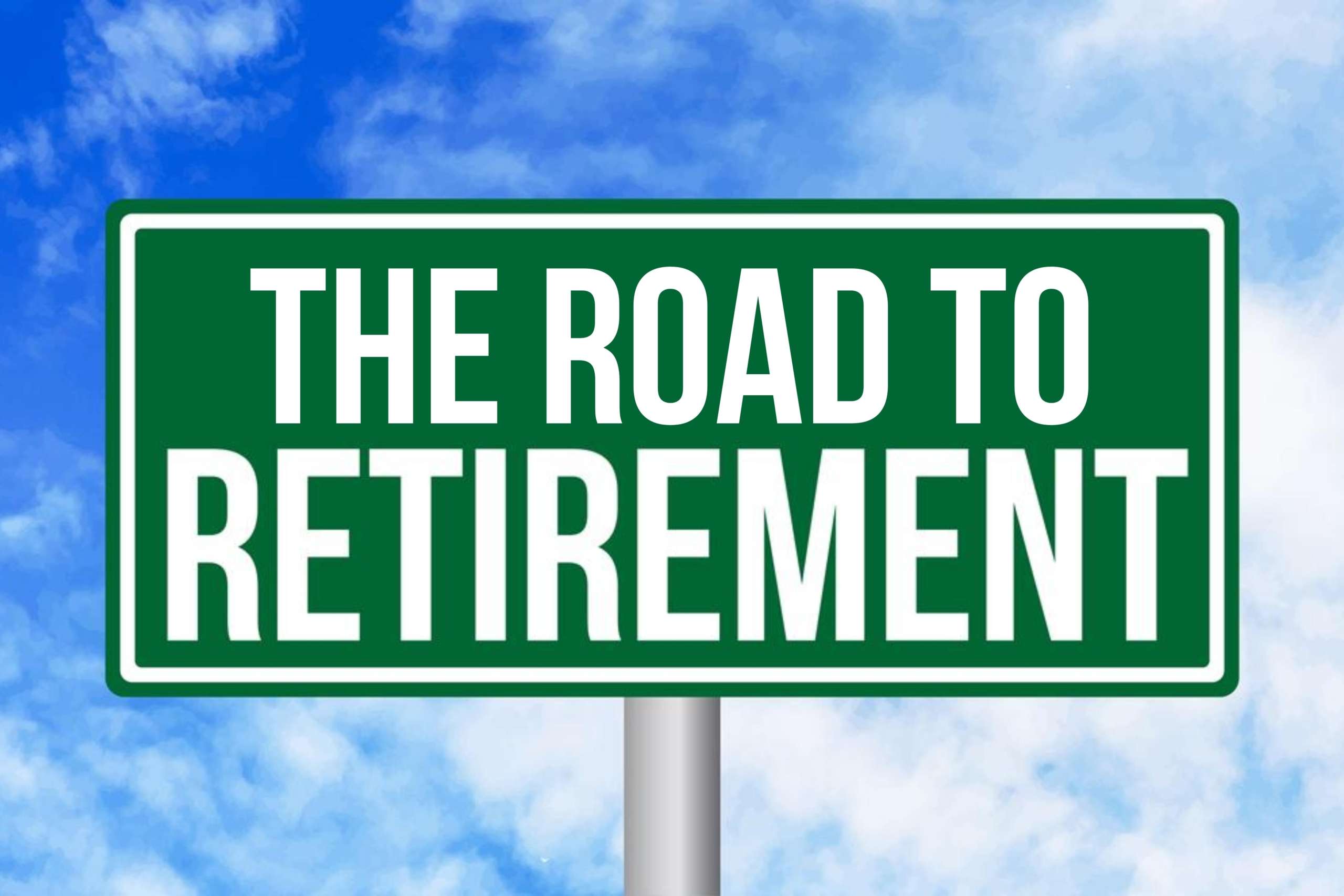The Road to Retirement: Homeownership’s Key Role in Financial Freedom:
To do a plan for the Road to Retirement is an important element of everybody’s financial journey. While there are numerous investing options available, homeownership stands as a dependable component in accomplishing long-term economic stability. Real estate property, as a retirement asset, gives several benefits that would help people assemble an extensive retirement nest egg and steady their financial future.

Homeownership and Long-Term Financial Stability:
1. Real Estate as a Retirement Asset:
1. Steady Growth in Property Value.
- Owning real estate property can provide good returns over the years as property values usually tend to grow.
- Real estate has proven regular growth, rising inflation rates, and providing a dependable way to assemble wealth for retirement.
2. Generating Passive Income.
- One of the benefits of having a real estate property is the functionality to generate passive earnings through rental properties.
- Rental profits can function as an extra revenue stream throughout retirement, easing financial burdens and making sure ordinary cash glides.
3. Diversification of Investment Portfolio.
- Including real estate property helps you to diversify your investment portfolio which reduces the risks.
- Real estate property’s performance is not correlated with the stock market, making it a barrier in opposition to financial downturns.
2. Investing in Real Estate for Retirement Goals:
1. Long-Term Appreciation.
- Investing in real estate assets for retirement allows you to advantage of long-term appreciation, giving your property sufficient time to develop in price.
- This can result in huge gains when it comes time to sell or rent out the property during retirement.
2. Tax Advantages.
- Real estate property investors have numerous tax advantages, which include mortgage interest deductions, and property tax deductions.
- These tax advantages can considerably reduce the overall tax burden, leaving extra cash for retirement financial savings.
3. Building a Retirement Nest Egg with Homeownership:
1. Equity Accumulation.
- Homeownership permits you to collect equity as you repay your loan and property values increase.
- This built-up equity will become a valuable asset that may be tapped into the road to retirement through home equity loans or reverse mortgages.
2. Stability and Predictable Expenses.
- When you own a home before retiring, you take away the uncertainty of rental rates, imparting balance and predictability in your prices.
- This may be beneficial at some time in the future in retirement at the same time as fixed income resources are essential.
4. The Role of Homeownership in Retirement Planning:
1. Mortgage-Free Retirement.
- By paying off your loan earlier than retirement you won’t fear a large housing cost for the duration of your non-operating years.
- This financial relief can cause a stress-free retirement.
2. Legacy and Inheritance.
- Real estate property can function as a legacy in your family, providing an inheritance to your family.
- Leaving behind a property asset can be a considerate way to aid your own family’s economic future even when you’re long past.
3. Home Equity Conversion.
- Home equity conversion strategies, together with a loan or a home equity line of credit score (HELOC), will allow you to access the equity in your house for supplemental earnings or unexpected prices at some point in retirement.
5. Retirement Savings through Real Estate:
1. Diversified Retirement Portfolio.
Integrating real estate property into your retirement financial savings approach creates a numerous portfolio, spreading threats throughout distinct assets and probably growing regular returns.
2. Beating Inflation.
Real estate property is taken into consideration as a hedge in opposition to inflation, as each rental income and asset value tend to grow with developing fees, ensuring your buying for electricity remains intact for the duration of retirement.
3. Adapting to Changing Needs.
Real estate property investments can be bendy, allowing you to adapt your method based mostly on changing market conditions and your evolving retirement wishes.
Conclusion:
Homeownership plays a pivotal role in securing financial freedom. Investing in real estate property offers long-term appreciation, generates passive income, and diversifies your investment portfolio, all of which contribute to a financially consistent return on the road to retirement. Owning property earlier than retirement offers stability and predictable rates, at the same time because the gathered equity serves as a precious asset to resource your retirement needs. Thinking about real estate as a road to retirement protection can be a wise choice.
FAQ:
1. Can real estate property investment ensure long-term financial stability on the Road to Retirement?
ANS. Yes, real estate property investment can offer long-term financial stability for the Road to Retirement because of its ability for the everyday growth in property cost and passive profits generation.
2. How does real property assist in the Road to Retirement planning?
ANS. Real estate property helps the Road to Retirement by making plans, presenting a mortgage-free retirement, and offering home equity conversion options for supplemental income.
3. What are the tax benefits of investing in real estate property for the Road to Retirement?
ANS. Tax benefits of investing in real estate consist of loan interest deductions, property tax deductions, lowering the overall tax burden, and improving retirement financial savings.




